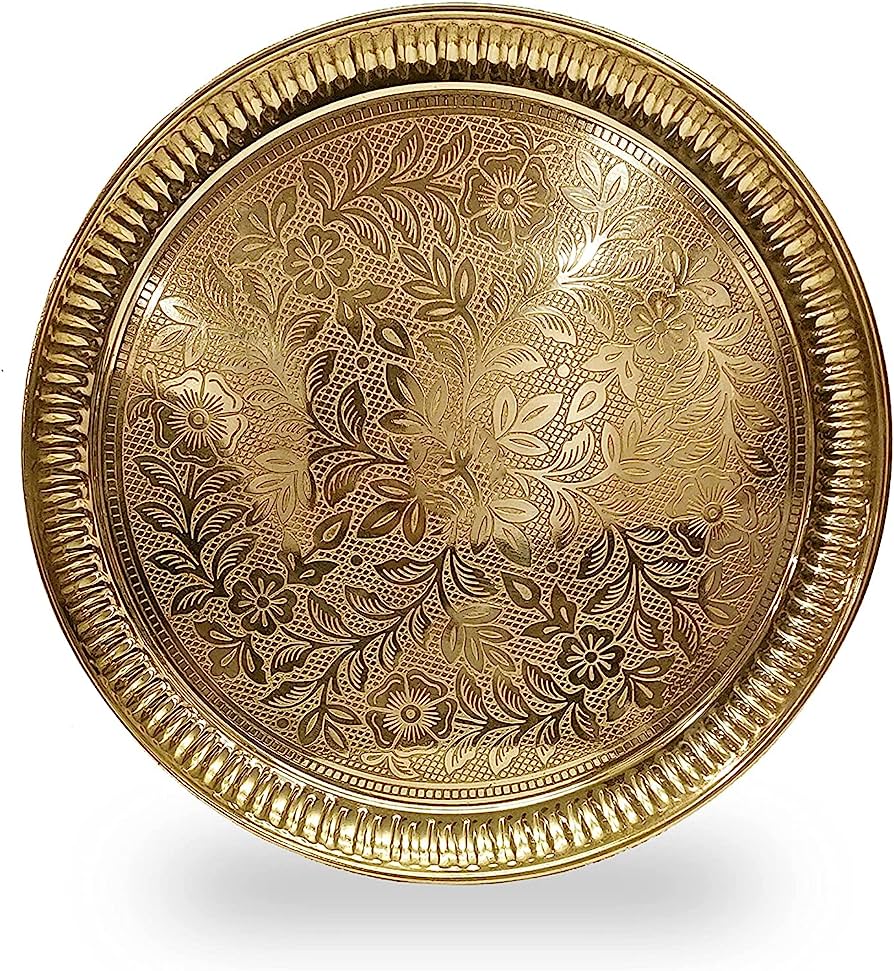Hinduism boasts one of the oldest and most diverse cultures globally, with a myriad of rituals and ceremonies that are performed from birth to death. This article explores ten essential Hindu rituals, starting with Namkaran, the naming ceremony performed 11 to 12 days after a child’s birth. Annaprashan, or Rice ceremony, which marks the transition from liquid to solid food, and Mundan, the shaving of a child’s head, followed by Upanayana, the initiation ceremony for spiritual and intellectual growth, are also examined. Vivaha, or wedding, Griha Pravesh, Satyanarayan Puja, Shradh, Navaratri, and Diwali are equally addressed, summarizing significant cultural rituals and ceremonies amongst Hindus.
10 Rituals in Hinduism
Hinduism is one of the oldest religions in the world. It is also one of the oldest and most diverse cultures in the world. In Hinduism, there are many rituals and ceremonies that are performed throughout life, from birth to death. These rituals have deep meanings and are steeped in tradition and mythology. In this article, we will discuss ten important rituals in Hinduism.
1. Namkaran
Namkaran is the naming ceremony of a newborn. This ceremony takes place 11 or 12 days after the birth of a child. The priest performs this ceremony and decides the name of the child based on his or her horoscope. The child is then blessed with good health, wealth, and prosperity.
2. Annaprashan
Annaprashan or Rice ceremony is when a child first eats solid food. It is usually performed when the child is six months old. The ceremony involves the feeding of the child for the first time and is followed by traditional rituals and prayers.
3. Mundan
Mundan is the ceremony of shaving off the hair of a child’s head. This ceremony is usually performed when the child is one or three years old. It is believed that shaving off hair makes a child more beautiful and intelligent. The hair is then offered to the gods as a symbol of gratitude.
4. Upanayana
Upanayana is the initiation ceremony of a boy or a girl into the study of Vedas. This ceremony usually takes place when the child is between the ages of 8 to 12 years. The ceremony marks the beginning of a new phase in the child’s life, where he or she begins the journey of spiritual and intellectual growth.
5. Vivaha
Vivaha or Wedding is a one of the most important ceremonies in Hinduism. It is a complex ceremony that involves many rituals and traditions. The ceremony usually takes place in the bride’s home or in a temple. The Priest performs the holy rituals and blessings are bestowed upon the couple.
6. Griha Pravesh
Griha Pravesh is the ceremony of entering a new house. This ceremony is performed before the family moves into a new house. The Priest performs the rituals and offers prayers to the Gods and Goddesses to bless the house with prosperity and happiness.
7. Satyanarayan Puja
Satyanarayan Puja is one of the most on of the most popular and widely performed rituals in Hinduism. It is usually performed on a full moon day or an auspicious day. The puja involves a lot of chanting, singing, and offering of fruits, flowers, and sweets to the Gods.
8. Shradh
Shradh is a ritual performed for the deceased ancestors of the family. It is believed that performing this ritual helps to provide peace to the departed souls and also helps to purify the sins. The ceremony is held on the anniversary of the passing away of the person.
9. Navaratri
Navaratri is a festival that is celebrated over a period of nine days in honor of the Goddess Durga. The festival signifies the victory of good over evil. It is celebrated with great fervor and enthusiasm in India and around the world.
10. Diwali
Diwali is the festival of lights. It is the most popular festival in India and is celebrated by Hindus, Sikhs, and Jains all over the world. The festival is celebrated with lights, crackers, and sweets. It signifies the victory of good over evil and the triumph of light over darkness.
In conclusion, rituals and ceremonies are an integral part of Hindu culture. They have been handed down from generation to generation and hold significant importance in Hinduism. The rituals mentioned above are just a few of the many rituals performed in Hinduism.
